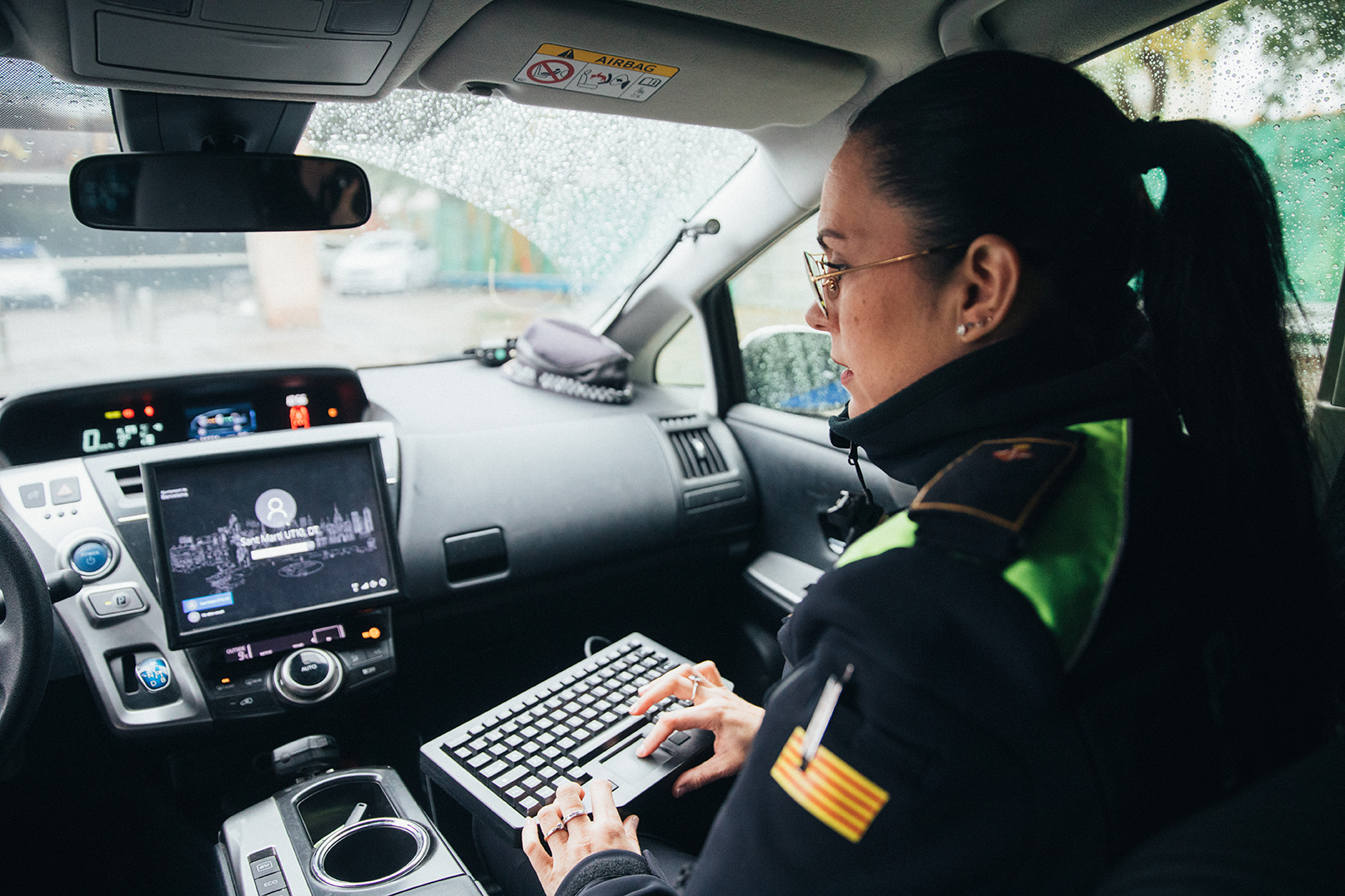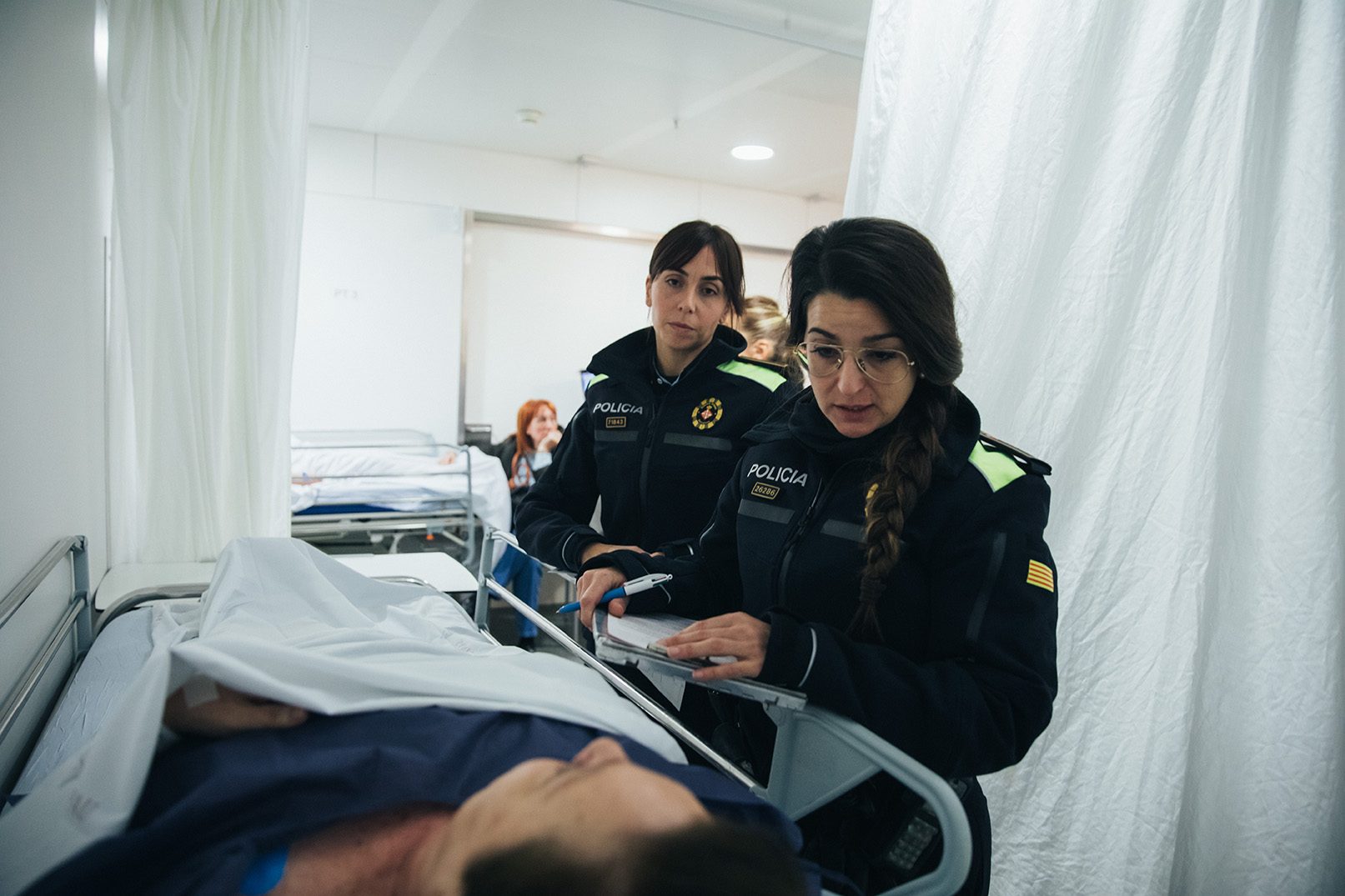The GUB, as the city’s police force, needs to assume its duties through a local and citizen-service approach while also serving as a true reflection of an example to the city it serves.
To achieve that, it will have to integrate women into its various levels of operation and responsibility within the structure of the force in a society where women play an increasingly important role in every field of business-, institution- and association-related activity.
The GUB first began recruiting women in 1979, with 20 officers. Almost forty years on and the reality is quite different; today some 13% of the force's officers are women. The figure remains low, but has been increasing year on year as the result of new recruitment drives.
A commitment to achieving the systematic inclusion of measures aimed at promoting values and practices for strengthening equality between the sexes and the effective integration of women into the GUB requires involvement from several players, not just at the diagnosis stage but also at the design and planning stages.
These players are, for example, the municipal areas with influence over human-resources management or the incorporation of the gender perspective in every municipal area and, as a more important subject, women and the other GUB officers who have first-hand knowledge of the organisation’s dynamics and features.
The work carried out prompted Barcelona City Council to launch the Gender Justice Plan and Municipal Equality Plans. Highlighted aspects include:
- Consolidating gender-equality promoting institutional structures.
- Bringing a greater balance in numbers between men and women: revising the selective recruitment process, establishing peer-selection boards, etc.
- Minimising vertical segregation: reconsidering physical tests for recruitment to certain levels of the force, increasing the visibility of female staff through several initiatives (talks, International Women Police Conference, Women and Safety Day Events), etc.
- Improving the conditions for the presence and development of women: internal training courses, establishing the gender perspective across all content in GUB training, participation in protocols against discrimination on the grounds of gender, etc..











